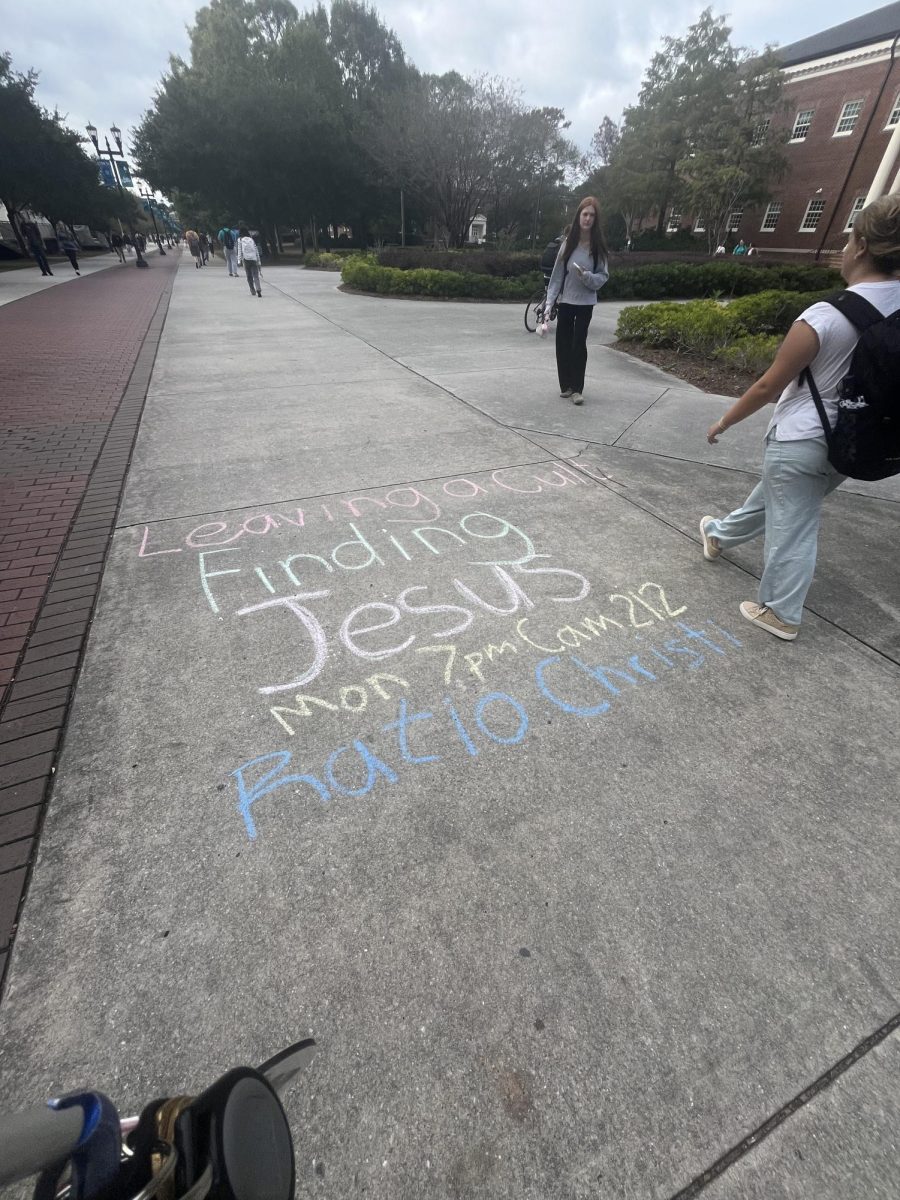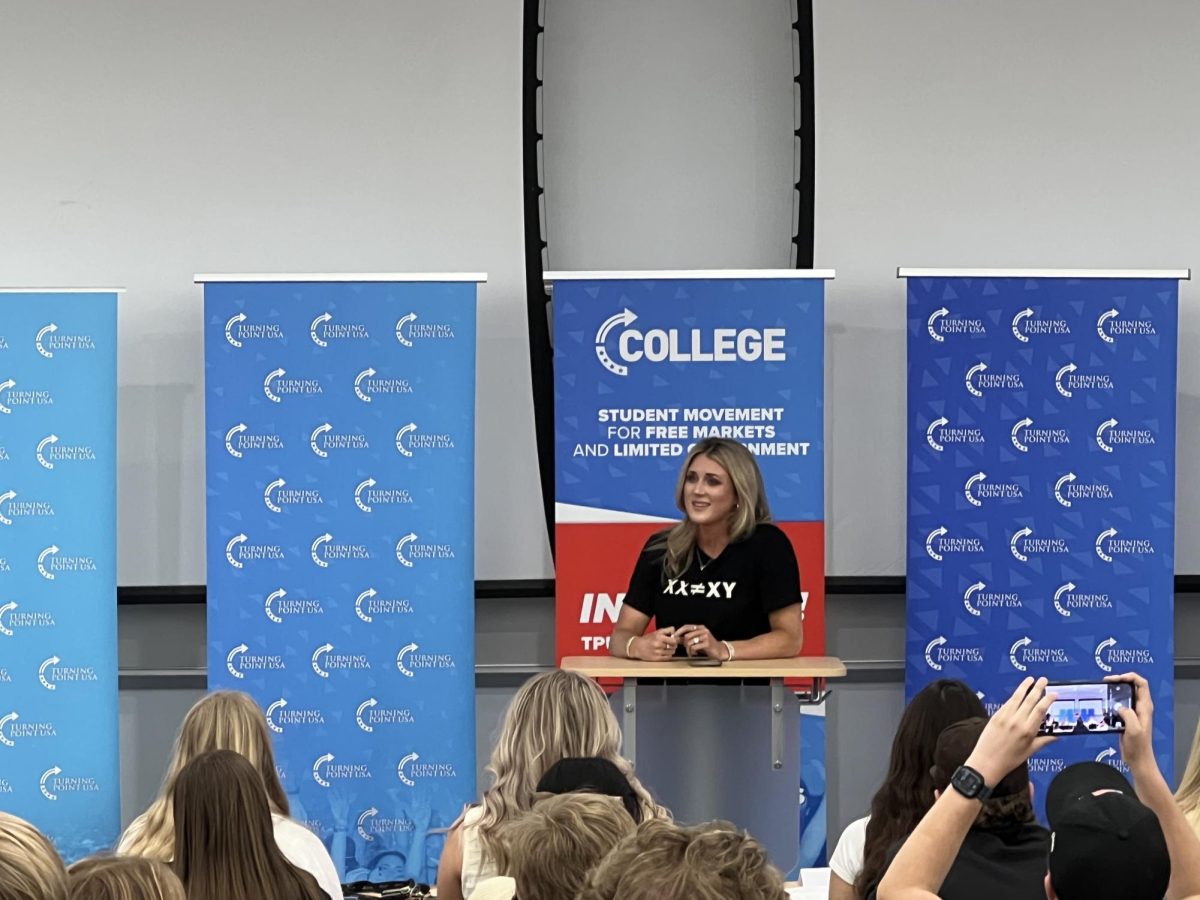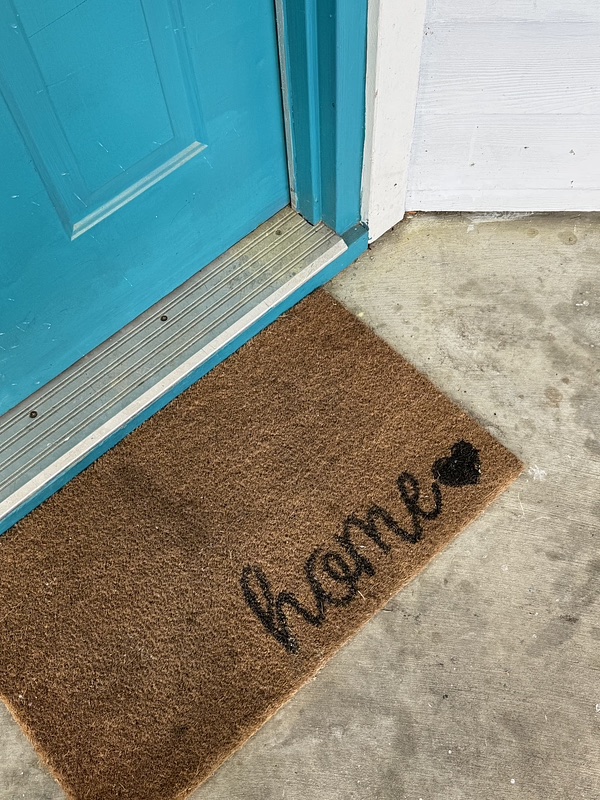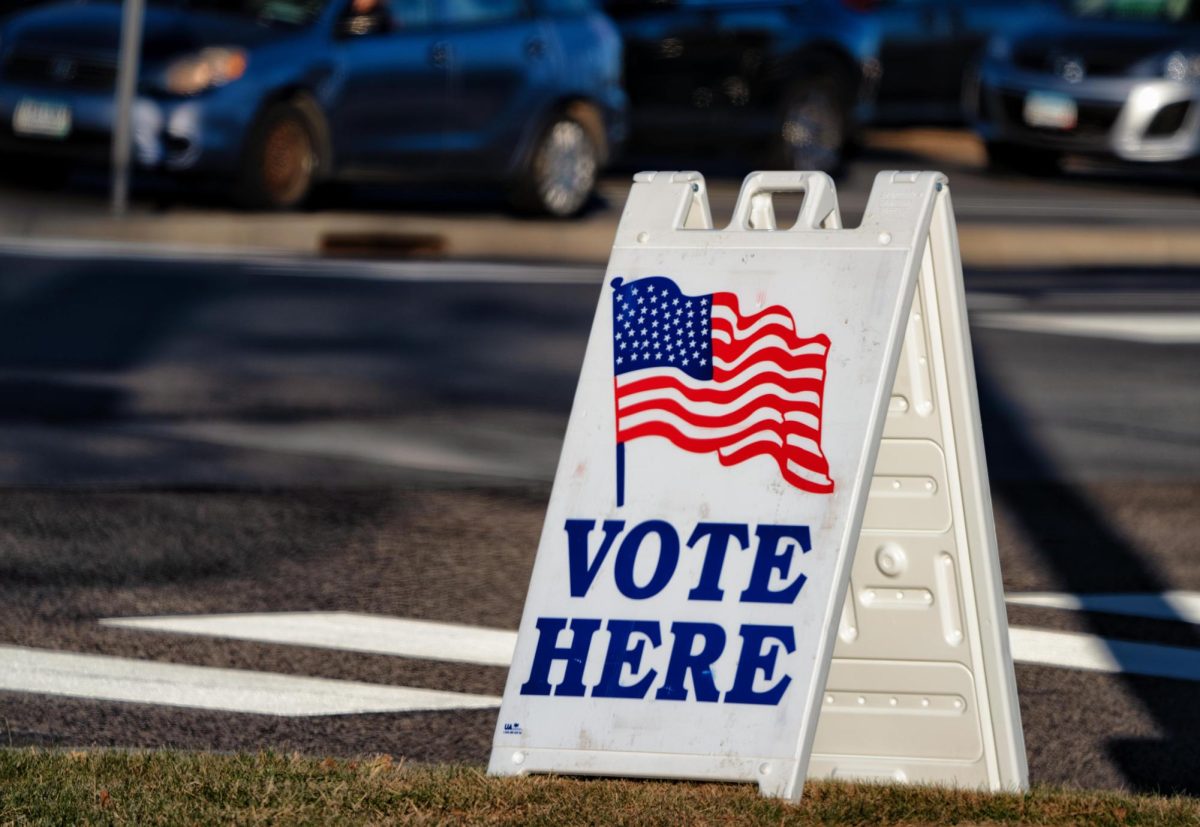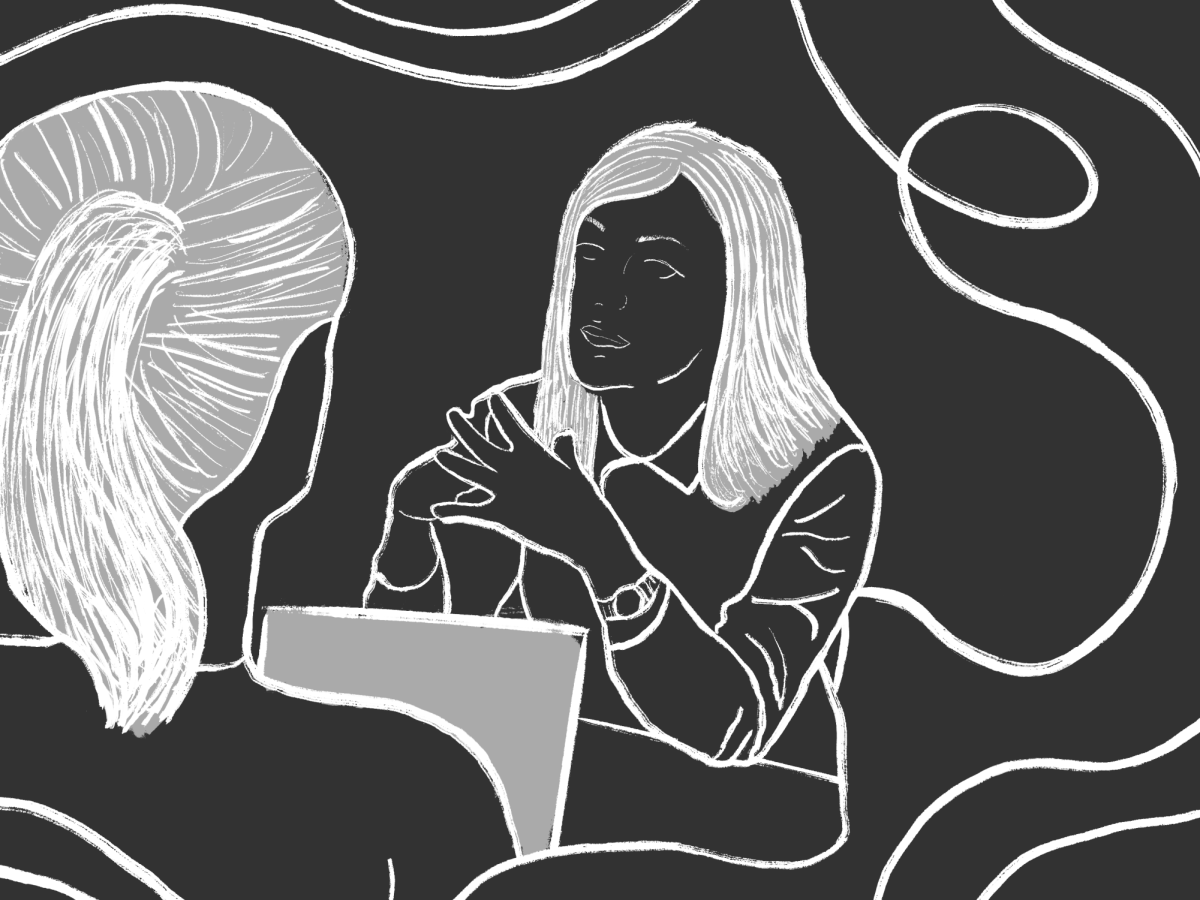
The rapid increase of generative AI has set forth unprecedented change in the classroom. Plagiarism has gained brand new resources, and even assignments can be done by a simple copy and paste into one of the numerous generative AI programs. A major area of education this is having an impact on is within English Language Arts. Many students are, or are being accused of, plugging writing prompts into AI and turning it in as their own work.
Professor Noelle Parker has been teaching in the English department at UNCW since 2014, and is also an alumni, getting her undergraduate and master’s degree from the institution as well. During her time as a professor, she has taught either English 101 or 102; College Composition and Writing every semester, as well as other introductory literature questions.
Q: What has been your experience with plagiarism before AI compared to now?
A: Prior to AI, the most plagiarism I’ve dealt with has been unintentional… as a result of forgetting to cite, or citing incorrectly. Regarding AI, the most common way I’ve seen it used is to act as an editor. The problem with this is that if something is fundamentally changing your writing and then you submit it as your own work, we get into a problematic gray area.
Parker qualifies that policies regarding AI usage will be instructor dependent, and that it is important for students to know their instructors specific policies. Since she teaches composition, she states that she wants the writing she receives to be the students’ writing, since a major component of the course is learning how to write academically.
Q: Do you think it is harder to manage plagiarism?
A: I think it has [mainly] changed how we think about the writing process. I see AI in writing as a tool, so… every semester I’m changing in small ways how I utilize or talk about AI in the classroom. I want my students to see my classroom as a way that they can find their own writing process. I don’t see it as an inherently negative thing, just something we’re going to have to consider and adapt to.
Q: You mentioned AI being a tool for writing. What are some of the more positive aspects of AI within English curriculum?
A: If I’m thinking about a research based assignment, maybe using it as a brainstorming partner to find keywords. I wouldn’t necessarily rely on it to find sources since it can hallucinate and make up information, but it can be useful if [somebody] is trying to expand a research question or think about different keywords. I’ve also played around with it as a sort of peer review tool, but I think it is important to actually think about the questions you are asking and the responses you are getting, instead of just passively taking any edits or information. How could this be improved to appeal to this particular audience? This can help you rhetorically think about audience awareness, and then adapt your writing for that.
Q: How do you think we should be discussing AI with students to invite nuanced conversations?
A: I’m just speaking from the perspective of a writing instructor, I can’t speak for all disciplines and courses. I think it is important to have an open dialogue about it from day one. I try at the beginning of the semester to get a sense of where my students are in terms of their familiarity with AI or how they’ve talked about it in the past. I’m also open to students having ideas of ways AI could be used creatively and ethically in my course that maybe I haven’t thought of.
Despite the many various opinions on the presence of Artificial Intelligence in the classroom, it is pretty clear that AI is not going to magically disappear, so it is wise to learn how to embrace it ethically and wisely, instead of shutting it out entirely. According to the National University, 33% of educators think it is important to teach about AI in schools, but 87% report not receiving AI training as a part of professional development. Moving forward, it will be increasingly important to learn about and discuss AI and its role in the classroom, in order to embrace it as a tool instead of letting it linger over our heads like an unwelcome shadow.



